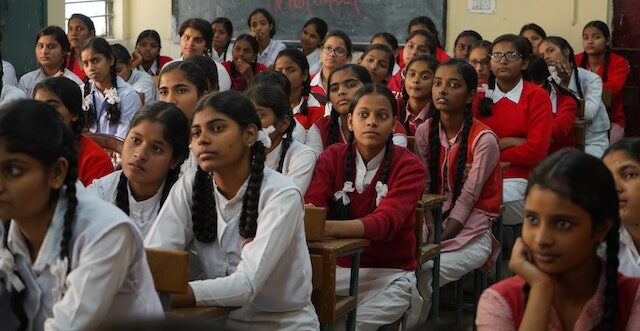The National Education Policy aims to increase the quality of education for all children. It is designed to ensure that all children have the opportunity to go to school, regardless of background, religion, or gender. It also aims to reduce school dropout rates by introducing pre-primary units to all levels of government schools. It will also provide funds for underdeveloped regions and allow home-schooling for children with disabilities.
It will encourage the interdisciplinary aspects of curriculum and introduce the concept of multiple entry and suitable certification. This means that a graduation course of four years could be divided into a one-year certificate course, a two-year advanced diploma, a three-year bachelor’s degree, or a four-year bachelor’s degree with a research program. Higher education institutions will also store credits earned in the Academic Bank of Credit, which will then be transferable to other higher education institutions.
The National Education Policy will change the way school systems are run and the curricula taught. It is designed to cover children from three to eighteen years old and will simplify the curriculum, focusing on the core needs of each child. The policy will emphasize numeracy and language in the formative years. It will also encourage education in children’s mother tongue and gradually introduce them to other languages.
The policy will also focus on ensuring quality teaching. It proposes mandatory teacher eligibility tests as well as teacher education and professional development programmes. It also focuses on vocational and technical education to prepare students for the workforce. It will also establish the National Higher Education Regulatory Council, which will oversee higher education institutions. Finally, the policy will promote academic mobility and encourage the development of innovative programs.
The new National Education Policy will address some long-standing issues in the Indian educational system and align it with international norms. It will also help Indian students to compete in a global economy. It will also place greater emphasis on vocational education and indigenous knowledge systems, including Indian languages. This will change the traditional pattern of schooling.
The implementation of NEP 2020 is not without controversy. As a result, a large number of social media users are discussing it. There have been more than 154,000 social media posts related to the policy. In July 2020 and July 2021, discussion of the NEP 2020 policy was especially high. These spikes are independent of the COVID-19 pandemic and coincide with the first anniversary of the policy. The spikes were likely caused by people sharing news about the policy’s approval.
The new education policy focuses on the holistic development of students, emphasizing critical thinking, creativity, collaboration, and problem-solving skills. In addition, the policy puts a strong emphasis on vocational and skill-based education and encourages entrepreneurship.
